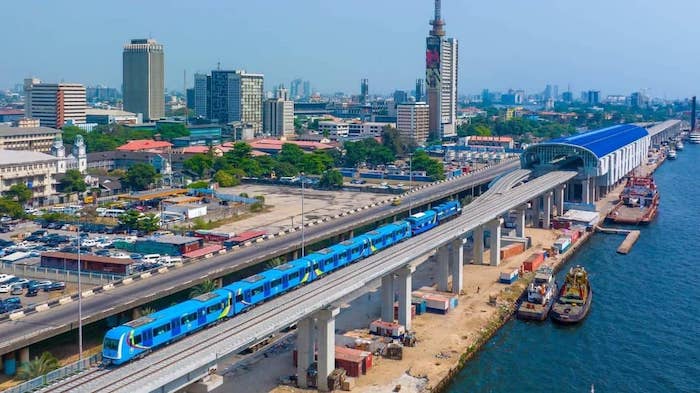
Exploring the Socio-Economic and Cultural Essence of Lagos, Port Harcourt, and Abuja
Exploring the Socio-Economic and Cultural Essence of Lagos, Port Harcourt, and Abuja
Nigeria, Africa's most populous country, is home to several vibrant cities, each with its unique socio-economic and cultural essence. Among them, Lagos, Port Harcourt, and Abuja stand out for their significant roles in shaping the nation's identity. This blog delves into what makes each of these cities unique and essential to Nigeria's socio-economic and cultural landscape.
Lagos: The Economic Powerhouse
Economic Significance: Lagos, often referred to as the economic heartbeat of Nigeria, is the country's largest city and a major financial center. It is home to one of the busiest ports in Africa, Apapa Port, which facilitates a large portion of Nigeria's imports and exports. The city is a hub for various industries, including finance, technology, entertainment, and manufacturing.
Cultural Vibrancy: Lagos is a melting pot of cultures, attracting people from all over Nigeria and beyond. The city is famous for its bustling markets, such as Balogun Market and Lekki Market, where you can find a myriad of goods, from textiles to electronics. The vibrant arts scene is showcased in venues like the National Arts Theatre and Freedom Park, and during events like the Lagos Carnival and the Eyo Festival.
Social Dynamics: The city's fast-paced lifestyle is complemented by a rich nightlife, with numerous clubs, bars, and restaurants that stay open late into the night. Lagosians are known for their resilience, entrepreneurial spirit, and a strong sense of community, which is evident in the many local businesses and startups flourishing in the city.
Port Harcourt: The Oil City
Economic Significance: Port Harcourt, the capital of Rivers State, is known as the oil capital of Nigeria. The city is central to the country’s petroleum industry, housing several multinational oil companies and refineries. The presence of these industries has significantly boosted the city's economy, attracting a diverse workforce and fostering related businesses.
Cultural Landscape: The cultural scene in Port Harcourt is deeply influenced by its position in the Niger Delta. The city celebrates its heritage through events like the Port Harcourt Carnival (Carniriv) and the Nwaotam festival. These festivals showcase traditional music, dance, and attire, highlighting the rich cultural traditions of the indigenous Ikwerre, Ogoni, and other ethnic groups.
Social Life: Port Harcourt’s social life is influenced by its expatriate population and the presence of oil workers from various parts of the world. This has led to a cosmopolitan atmosphere, with a mix of local and international cuisines, entertainment options, and social clubs. The city also boasts several educational institutions, including the University of Port Harcourt, which contribute to its vibrant youth culture.
Abuja: The Political and Administrative Center
Economic Significance: Abuja, the capital city of Nigeria, is the political and administrative heart of the nation. Established in the 1980s to replace Lagos as the capital, Abuja is home to government institutions, foreign embassies, and regional headquarters of international organizations. The city's economy is driven by public administration, real estate, and construction.
Cultural Diversity: Abuja is a planned city with a diverse population, reflecting Nigeria's ethnic and cultural diversity. It hosts several cultural institutions, such as the Nigerian National Mosque, the Nigerian National Christian Centre, and the Arts and Craft Village, where artisans from across the country display their crafts. The Abuja Carnival is a significant cultural event that brings together performances from different states, celebrating Nigeria's unity in diversity.
Social Dynamics: The city’s well-planned infrastructure includes wide roads, modern buildings, and numerous parks and green spaces, like Millennium Park and Jabi Lake. Abuja's social scene is characterized by its upscale restaurants, shopping malls, and recreational facilities, making it a preferred destination for conferences, business meetings, and diplomatic activities.
Lagos, Port Harcourt, and Abuja each contribute uniquely to Nigeria’s socio-economic and cultural tapestry. Lagos, with its economic might and cultural dynamism, remains the commercial capital. Port Harcourt, the oil hub, blends industrial strength with rich cultural traditions. Abuja, the political nucleus, symbolizes national unity and modernity. Together, these cities reflect the diverse and multifaceted identity of Nigeria.

